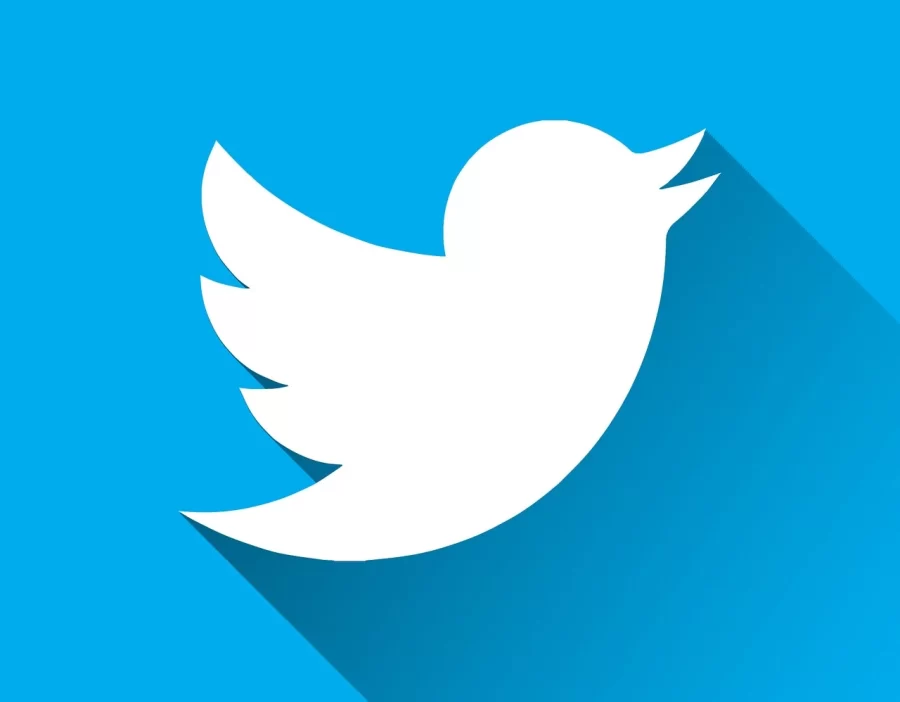NPR and PBS suspend their activity on Twitter following the designated labeling controversy
Trusted Reviews, obtained under the CC BY-NC-ND 4.0 license
After Musk’s decision to buy Twitter, the social network has gotten into a lot of controversy. Most recently, it was accused of underming independent journalism and helping misinformation after the changes in their policy regarding the labels and the verification badges.
May 1, 2023
On April 12, NPR announced its decision to suspend its activity on Twitter. Currently, their platform has 8.8 million followers on Twitter and 52 official Twitter feeds, all of which stopped being updated. PBS, which has 2.2 million followers, and three other local public radio stations followed the lead and suspended their tweets.
In their statement about activity suspension, NPR said, “We are not putting our journalism on platforms that have demonstrated an interest in undermining our credibility and the public’s understanding of our editorial independence.”
Their decisions came in response to Twitter’s labeling controversy when NPR’s account was tagged as “state-affiliated media.” Such a label was traditionally used to designate the accounts of state-controlled media, criticized for their propagandistic purposes and lack of editorial independence, such as Russia Today in Russia or People’s Daily in China. Before that, BBC and NPR were exempt from the “state-affiliated” label as “state-financed media organizations with editorial independence” which was explicitly stated in Twitter’s policy. After the situation received public attention, the mention of NPR was deleted from the most recent policy version.
At first, Musk supported the addition of the “state-affiliated” label, tweeting “Seems accurate” with a screenshot of the updated Twitter policy. However, after he exchanged emails with an NPR reporter and was sent the breakdown of NPR’s funding, he backed off his previous statement.
About a week after the backlash from NPR and other radio stations, Twitter changed the label on NPR’s account to “government-funded,” a newly-introduced label on the platform. Besides NPR and PBS, several other news outlets who receive government funding like BBC and Voice of America have received the same label. The labeling process, however, appears to be inconsistent as similar media accounts were exempt from the description. Recently, however, all the labels were removed from the accounts of NPR, BBC, and other media outlets, including RT and Xinhua accounts, which had always been marked as state-affiliated.
NPR as well as PBS and other public broadcasting stations do receive some funding from the Corporation for Public Broadcasting, an agency sponsored by the federal government. However, those funds constitute only one percent of MPR’s revenue. About 40 percent of their revenue comes from sponsorships, and about 30 percent from the fees paid by local radio stations, who receive government funding for their operations’ expenses.
Considering the inaccuracy and inconsistency of labeling, both “state-affiliated” and “government-funded” descriptions were criticized as an attempt to undermine the credibility of arbitrarily-chosen public news organizations, call into question their editorial independence, and alienate their readership. The Committee to Protect Journalists in response to the controversy tweeted, “It is imperative that Twitter revisit its decision to label NPR as ‘U.S. state-affiliated media.’ NPR receives public funding, but is not state-controlled, meaning Twitter’s listing could pose risks for journalists reporting from areas where suggestions of government affiliation have negative connotations.”
The labeling scandal is not the first time Musk has gotten into conflict with news outlets. In December, he suspended the accounts of several journalists that reported on the account following his jet travels, which in Musk’s words gave “assassination coordinates.” After that, he started removing verification badges from several news organizations. One of them, the New York Times, refused to pay for the blue check, which had been assigned for free before.
NPR’s decision sets a precedent as it became the first major news organization to stop updating its account for an indefinite period of time. After Musk’s seeming conciliatory comments in an April 12 BBC interview, NPR CEO John Lansing said, “At this point I have lost my faith in the decision-making at Twitter. I would need some time to understand whether Twitter can be trusted again.”
Upper School Spanish teacher Victoria Jansen is an active Twitter user who follows a variety of activists and writers and a few news sources. In response to Twitter’s arbitrary description policies and paid verification badges, Jansen said she is especially concerned for her students who are just learning how to validate sources since social media is one of the easiest ways for them to learn things.
“It’s terrifying, because, I mean, if you look at fascist dictatorships around the world and historically, one of the very first things that they do is dismantle faith in the media, in the news,” Jansen said. “A lot of people trusted Twitter to be a place that fact checked who was verified. And the fact that that’s no longer it, I feel that that really is going to allow very dangerous people to tell news in a way that’s not always true. And so NPR, being absent from that, that leaves kind of a vacuum: who’s going to push back on or provide news or articles that are critically thinking about how things are rolling out in our country.”




